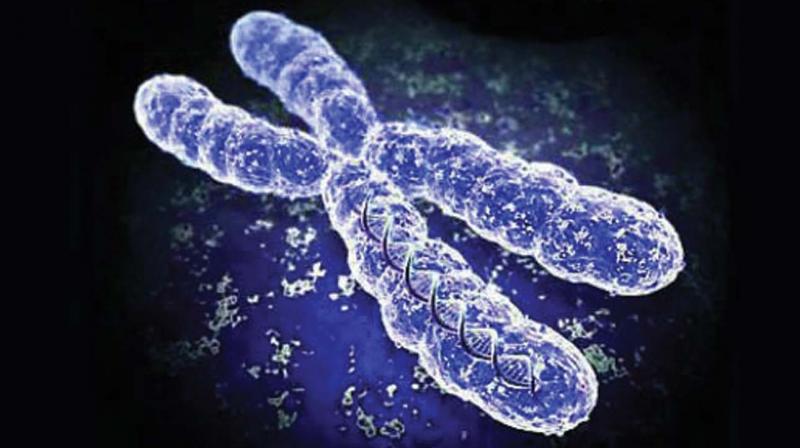Experts bat for more cancer registries

KOCHI: Even as cancer continues as a scourge, there are only 33 population-based cancer registries (PBCRs) and 101 hospital-based cancer registries (HBCRs) under National Cancer Registry Programme (NCRP) across the country. Of these, only two PBCRs (Thiruvananthapuram and Kollam districts) and 12 HBCRs are in operation in Kerala despite its high health profile. Experts say cancer is still not a notifiable disease in the country which also contributes to a low number of registries.
Taking a closer look at the stark Kerala scenario, Dr P. Gangadharan, head, cancer registry, Amrita Institute of Medical Sciences (AIMS), said that by the year 2026, 180 new cancer cases would be reported from the state every day. The three-day 33rd annual review meeting of the NCRP of the Indian Council of Medical Research (ICMR) which began at the AIMS, with dozens of cancer specialists, medical professionals, government officials and other stakeholders from across the country participating, is taking stock of this and many more aspects of the disease and look at possible action plans. The meet is also debating last one year’s activities of National Centre for Disease Informatics & Research (NCDIR), which manages the NCRP.
“The estimated total burden of cancer for the entire country is 15.1 lakh new cases during 2017, which is expected to rise to 17.3 lakh new cases in 2020. The possibility of developing cancer in one’s lifetime (0-74 years) in Thiruvanant-hapuram district is 1 in 7 among males and 1 in 8 among females. In Kollam district, it is 1 in 7 among males and 1 in 9 among females. The main factors contributing to cancer include tobacco use, alcohol consumption, inappropriate diet, physical activity, indoor air pollution and poor sanitation. All stakeholders need to come together to translate cancer research into action, minimise risks and maximise survival chances. Cancer surveillance should be enhanced through registration,” NCDIR director Dr Prashant Mathur said.
He also said that early detection is also dismal especially among the poor because of lack of awareness and early detection mechanisms or conduct of camps for the same. NCRP has arrived at specific patterns of cancer occurring in different populations within India. Such observations may prompt more studies to help control cancer and optimise treatment outcomes.

